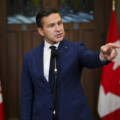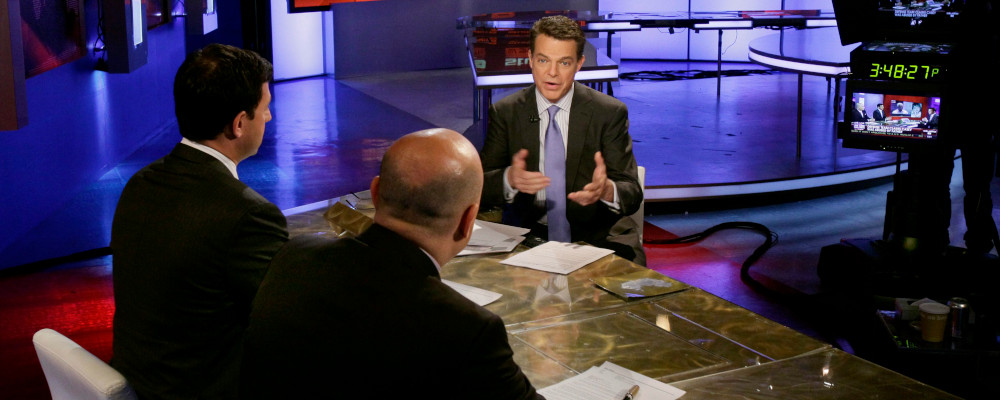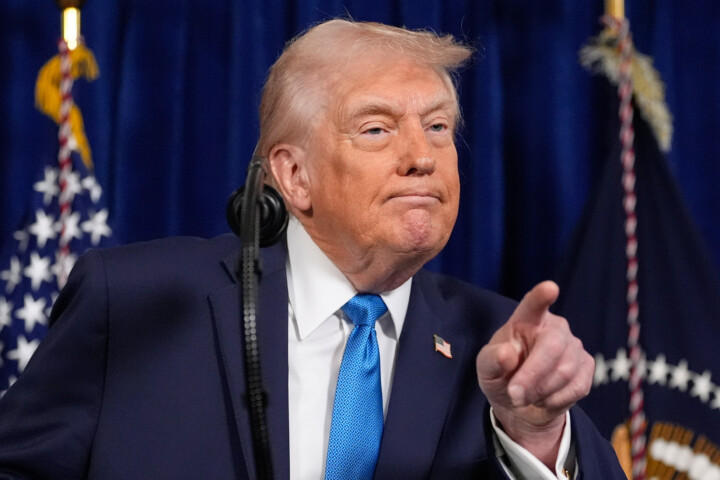The phrase “experts say” in a media headline is a certain sign that you can safely skip the article. I can’t think of a single occasion on which I’ve read anything below those words (or the related and equally suspect framing “critics say”) and not concluded that what I was reading was really the journalists’ opinion dressed up with a lazy appeal to authority. Here is a recent classic of the genre from Global News: “Should carbon price hikes go ahead amid high cost of living? Experts say yes.” I expect the answer would be rather different from the working families that are the real experts at coping with stagflation.
Political scientists are a particular favourite of this kind of journalism. Perhaps it’s the loose use of “political” or the generous use of “science” that confuses the media, but the field is a reliably rich source of professorial platitudes. When I worked for the Government of Alberta, hardly a week passed without the same small number of poli sci profs popping up to offer opinions on the stories of the day that were no more informed, and rather less colourful, than what I overheard at my local diner.
As it happens, and in spite of its rather amusing Teutonic pretension to being a “science,” I have a lot of respect for the discipline. In my own field of constitutional law, some of the most interesting work is being done by political scientists rather than by legal scholars, and I’m sure their work in other areas is equally valuable. But journalists rarely call on “experts” to discuss canonical theory or their own original research. Instead, they are asked to opine on the cut and thrust of everyday politics, where they have no special insight.
Take this example from Alberta. Two professors are asked why, “after announcing she won’t answer questions on her ethics investigation,” Danielle Smith decided to “limit questions on all other topics.” And the answer? “Some political scientists” have “said Smith is making the change to avoid accountability, particularly given the recent controversy over her phone call with Calgary street pastor Art Pawlowski about his then-upcoming criminal trial.”
They are probably right, but you don’t need a professor for that kind of analysis; any avid political watcher—heck, most people who have never heard of Danielle Smith—could have told you what a politician avoiding questions means. It doesn’t take academic expertise to parse the cut and thrust of day-to-day politics better than an average voter; it takes practical experience in elected politics. As it happens, some political scientists do have such relevant experience, but they are rarely the ones asked to comment (or perhaps they are just wise enough not to respond).
Later in the same article we learn from the “experts” that “follow-up questions are key to getting the answers voters require, and the new rule is part of a pattern of evasion by Smith” and “[t]his is raising more doubts about trust rather than shoring up trust and confidence in the leader.” Again, this isn’t expert insight, it’s play-by-play.
I don’t mean to pick on the professors quoted here, which is why I didn’t name them. Nothing they said was obviously wrong, it just didn’t need to be said, if it needed to be said at all, by them. They aren’t the only ones to blame here: if a journalist asks you an inane question, I suppose there’s nothing wrong with giving an equally inane answer. The real question is, why is the journalist asking them in the first place?
Perhaps the full conversations between the reporter and the professors were masterclasses of illuminating context and profound analysis, but what made it into the article was just bland opinionating. It’s bumpf, but—and this seems to be the key—it’s bumpf with a framed degree on the wall behind it. So rarely are experts quoted for their actual expertise that it’s hard not to conclude that, consciously or not, journalists are using their credentials as rhetorical window-dressing, an academic appoggiatura to gild the writer’s own views.
In some cases, “expert” analysis is worse than merely mundane. In an Alberta election campaign notable for its silliness, by far the silliest thing said was by political science professor Duane Bratt in a CTV article about two former Progressive Conservative provincial cabinet ministers endorsing Rachel Notley’s NDP. Bratt, we are told, “said the endorsements could help the NDP secure a win on May 29.”

Set aside the fact that the two endorsers in question were poster children for why the old PC Party imploded in the first place and that one of them is a notorious Twitter troll who endorsed the NDP in the last election that they lost in a landslide, you could have walked the breadth of the province from Lake Louise to Lloydminster and not found a single voter who believed that their opinions could sway a blade of wheatgrass, except apparently the two delusional ex-ministers…and one political science professor.
Or take this example from a Canadian Press story about the recent passport redesign. The entire article is just faculty room banter patched together by the journalist to create the impression that Conservative criticisms of the Liberal changes are illegitimate. Everything you’d expect is in there: a lofty dismissal of the issue as a distraction (“an utterly fabricated issue”); a sniffy swipe at “culture wars”; and a sneering comparison to American-style campaigning. This isn’t reporting, it’s narrative building by proxy.
If the only results of dial-a-quote reporting were to lower the general opinion of experts eager to flaunt their banality, it might actually perform a modest public service, but the long-term consequences are more damaging. By filling mainstream media with Twitter-level commentary from experts grasping beyond their expertise, journalists are making news reporting increasingly look and sound like social media—and the most dull and pedantic parts of social media at that. Perhaps next time a journalist is tempted to pad a story with a prosaic professor, they can reach for a punchy meme instead. It may not sound as authoritative, but it will probably be just as insightful and a lot more interesting.
Recommended for You

‘It’s jarring’: Hub Politics on how Canadians are reacting to Trump’s foreign policy moves
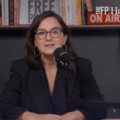
‘Childish envy’: Full Press on why the mainstream media likely has Bari Weiss Derangement Syndrome
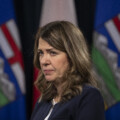
An Alberta budget crisis? It may be closer than you think
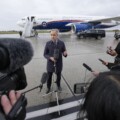
The biggest media story of 2026—and why the mainstream press is hoping you’ll ignore it
